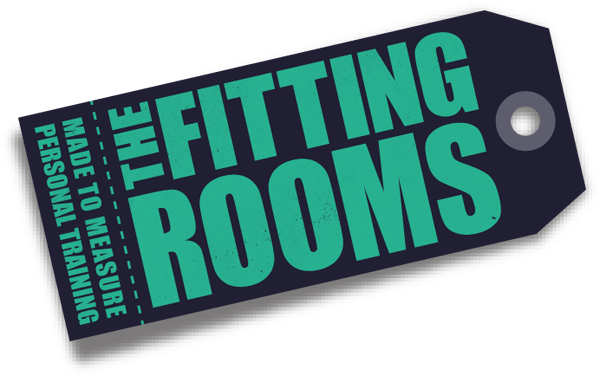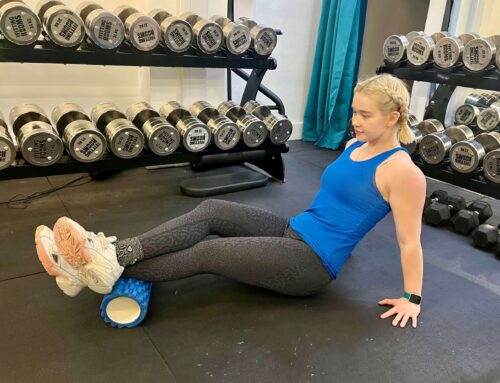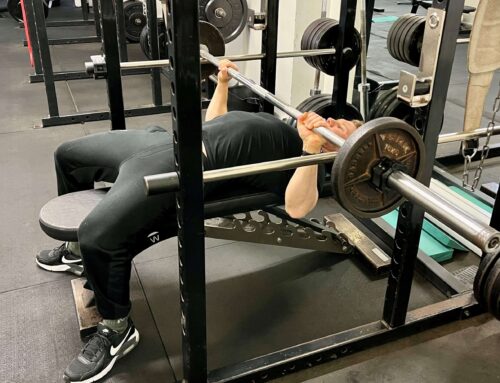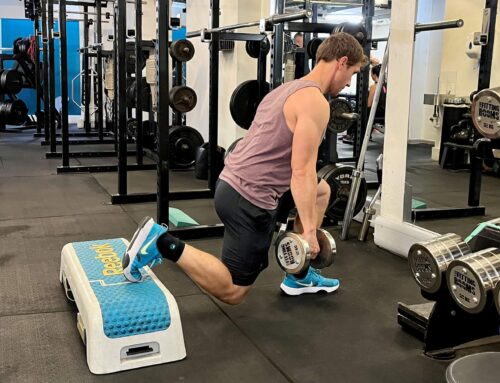“So, which is better, dumbbells or barbells?”????
Of course, there is no simple answer as it will largely depend on your training experience, your strength level and your current goals; but below are some guidelines of when to use each to maximise your results…
If you’re new to training, it is important to create structural balance and learn how to stabilise weights under control. Dumbbells are excellent for this as they allow each side of the body to work independently, helping to balance out muscular asymmetry. They will also increase stabilisation activity; teaching your nervous system to automatically control the weight, which acts to keep your joints stay strong and healthy.
In some exercises, the dumbbells are superior for muscular gain, because they allow you to go through a greater range of motion. A good example of this is using dumbbells for a Flat Dumbbell Chest Press, rather than a barbell, as the extra range at the bottom recruits more muscle fibres. However, if strength is your goal, the barbell is ultimately better since it requires less stabilisation, meaning you will be able to lift much heavier weights.
For the big lower body exercises, such as squats and deadlifts, barbells are recommended, especially as you get stronger, to avoid your progression being limited by the strength of your grip; trying to hold two 50kg dumbbells and perform a full range of remove squat is neither safe or effective!
In summary:
– Beginners to weight training should give preference to dumbbells for most exercises;
– Dumbbells can be used to even out muscular imbalances;
– Barbells are better for lower body compounds lifts and strength training.
However, what’s important to note is that variation in your training is key to long term progression so we recommending using both dumbbells and barbells over time to benefit from the different stimulus.








Leave A Comment